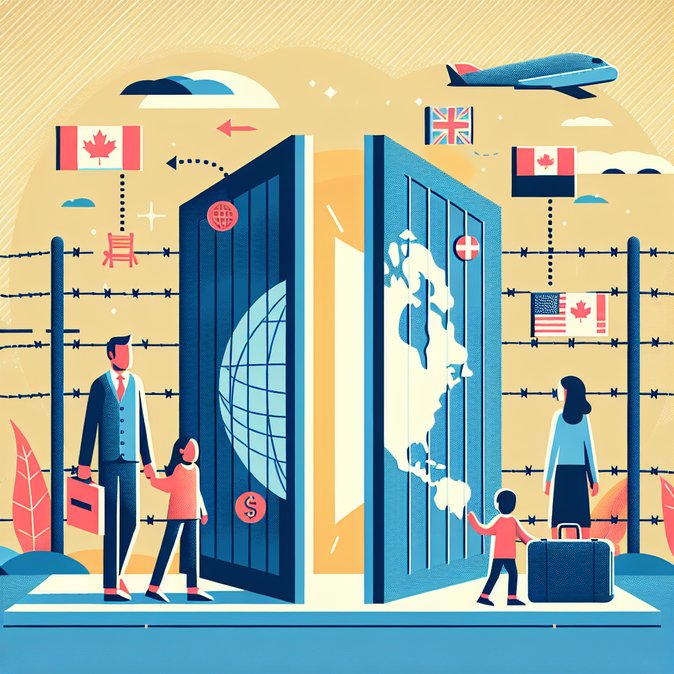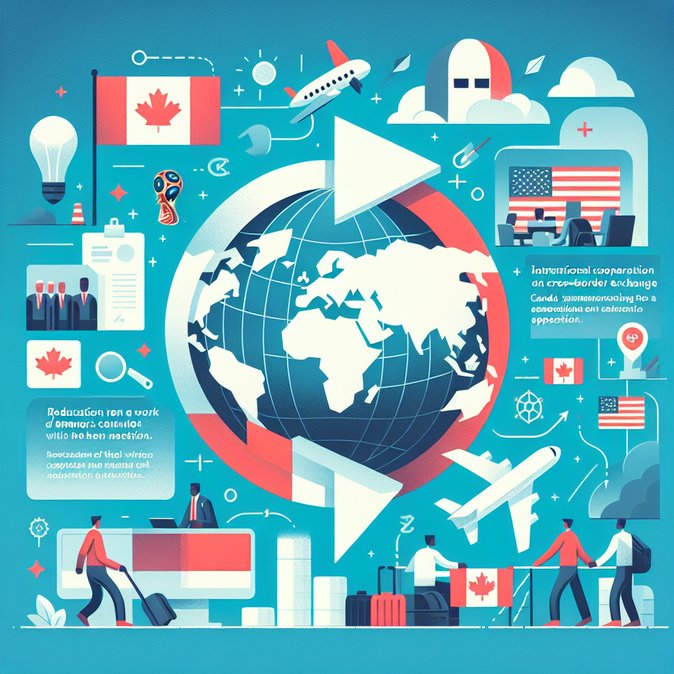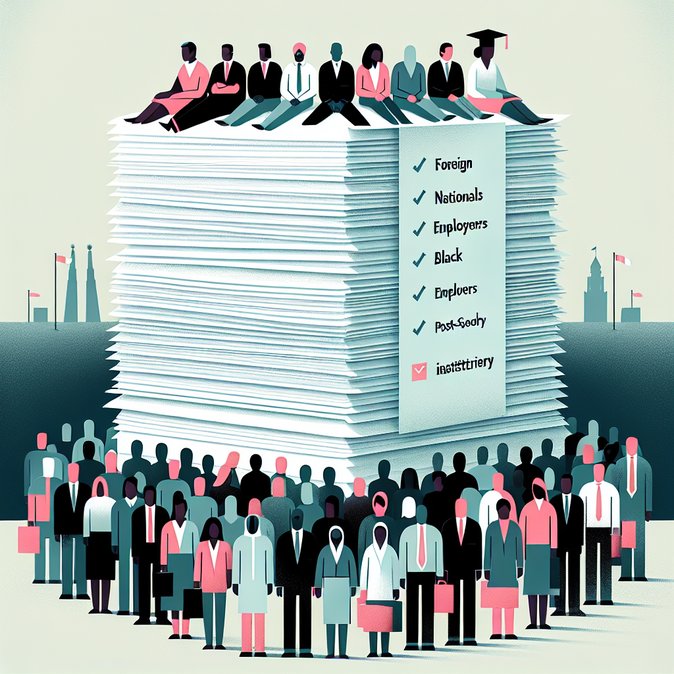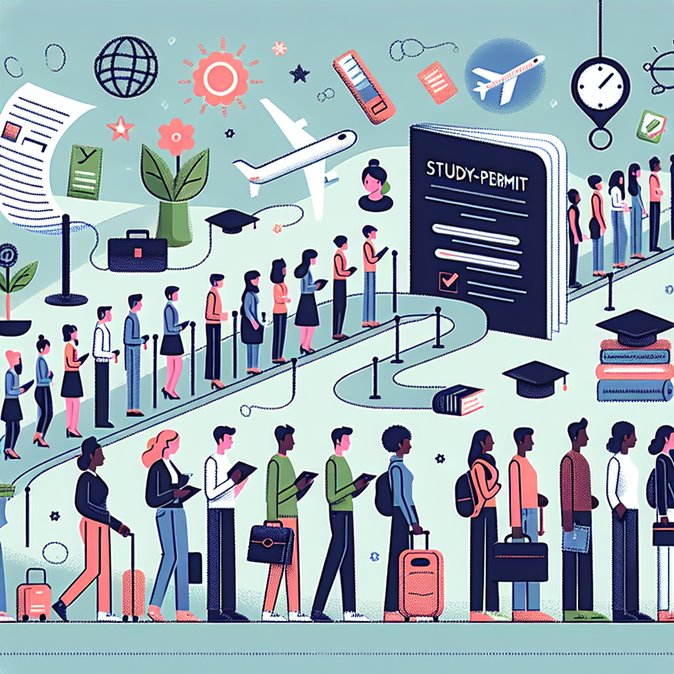
Canada’s long-running saga over the First-Generation Limit (FGL) on citizenship by descent has been given new breathing room. On 18 November 2025 the Ontario Superior Court of Justice granted Ottawa a two-month extension—until 20 January 2026—to pass Bill C-3, legislation that will remove the FGL deemed unconstitutional in December 2023.
The FGL, introduced in 2009, prevents Canadian citizens born abroad from automatically transmitting citizenship to their own foreign-born children. In a global economy where executives often accept multi-country postings, the rule has complicated mobility for dual-career families and forced some to rely on temporary resident visas for their children. Bill C-3 has already cleared three readings in the House of Commons and two in the Senate but remains under committee scrutiny.
![Court Extends Deadline to Scrap ‘First-Generation Limit’ on Citizenship Until January 2026]()
Judge Akbarali noted “significant progress” and even suggested Royal Assent could arrive before the new January deadline. Interim measures introduced in March 2025 remain in force, allowing affected families to request discretionary grants of citizenship if they demonstrate a “substantial connection” to Canada. Corporations that rotate staff internationally are already using those measures to secure Canadian passports for children born during assignments.
If enacted, Bill C-3 would grant automatic citizenship to second-generation children born abroad, provided their Canadian parent meets residence-or-connection tests still being finalised. Immigration counsel predict a surge of applications—tens of thousands, not hundreds of thousands, according to Immigration Minister Diab—which could place additional strain on IRCC’s citizenship processing units already facing a 21 percent backlog.
Practical takeaway: globally mobile Canadian employees with foreign-born children should monitor the legislative calendar and prepare documentation (proof of parent’s Canadian citizenship, evidence of residence) now to file promptly once the law changes. Employers may also need to update relocation policies to cover citizenship-application costs formerly borne by families.
The FGL, introduced in 2009, prevents Canadian citizens born abroad from automatically transmitting citizenship to their own foreign-born children. In a global economy where executives often accept multi-country postings, the rule has complicated mobility for dual-career families and forced some to rely on temporary resident visas for their children. Bill C-3 has already cleared three readings in the House of Commons and two in the Senate but remains under committee scrutiny.

Judge Akbarali noted “significant progress” and even suggested Royal Assent could arrive before the new January deadline. Interim measures introduced in March 2025 remain in force, allowing affected families to request discretionary grants of citizenship if they demonstrate a “substantial connection” to Canada. Corporations that rotate staff internationally are already using those measures to secure Canadian passports for children born during assignments.
If enacted, Bill C-3 would grant automatic citizenship to second-generation children born abroad, provided their Canadian parent meets residence-or-connection tests still being finalised. Immigration counsel predict a surge of applications—tens of thousands, not hundreds of thousands, according to Immigration Minister Diab—which could place additional strain on IRCC’s citizenship processing units already facing a 21 percent backlog.
Practical takeaway: globally mobile Canadian employees with foreign-born children should monitor the legislative calendar and prepare documentation (proof of parent’s Canadian citizenship, evidence of residence) now to file promptly once the law changes. Employers may also need to update relocation policies to cover citizenship-application costs formerly borne by families.


